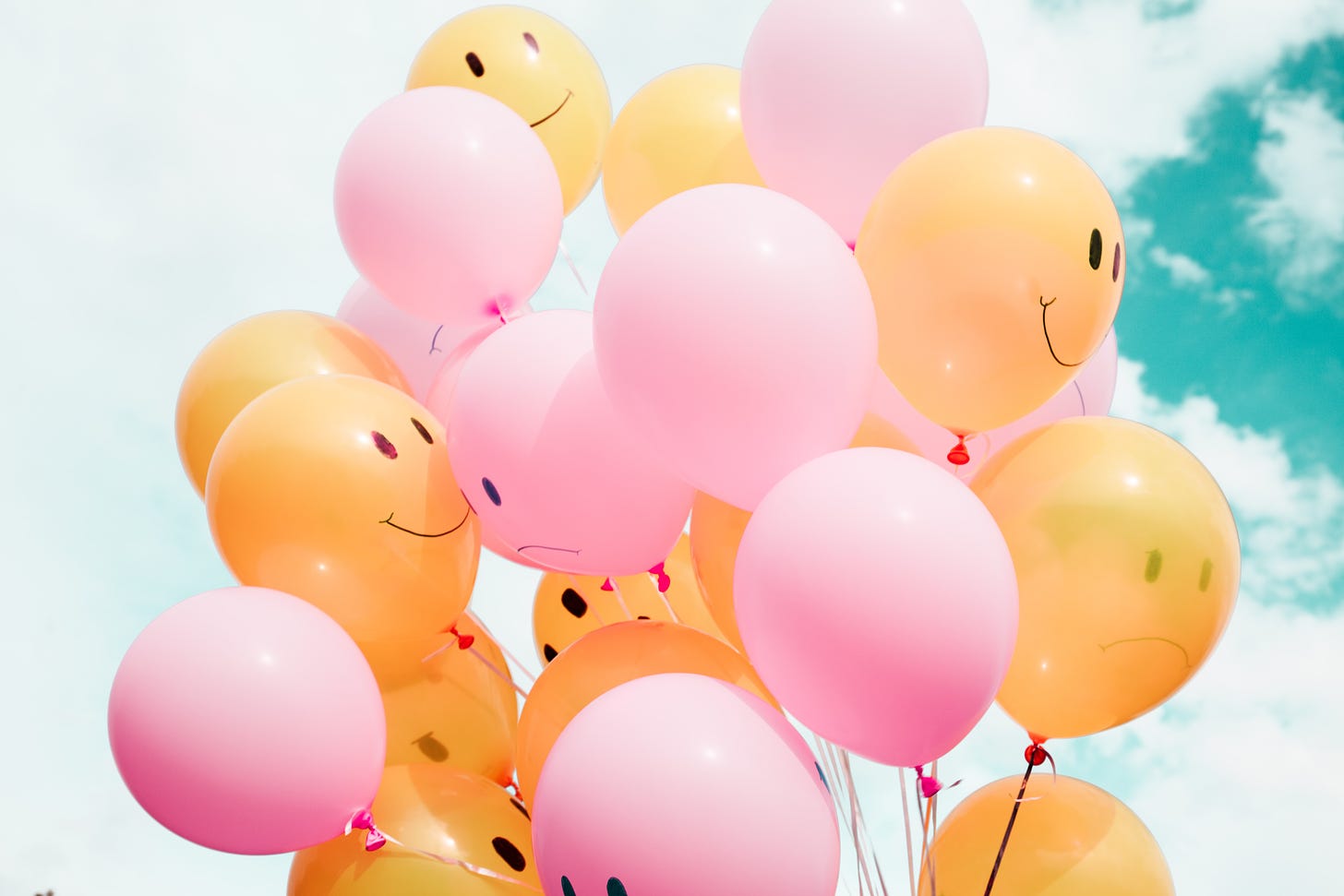Oral Arguments — Or Why It’s Time to Open Wide
Is a dentist visit on your to-do list? It should be. Here’s why.
If you think your oral health is changing for the worse, it’s not all in your head.
Smile: It’s could be menopause. 😬
Just as in other phases of life — like puberty and pregnancy — menopause changes your hormone levels, which can create a myriad of dental problems, among them cavities, bad breath, gingivitis, periodontitis, loose teeth, burning mouth syndrome and dry mouth (the culprit behind many problems as we age).
Quick question: Did you know that there are actually estrogen receptors in the mucous membranes of your mouth? Few of us do. Still, hormones have a strong influence on your oral cavity, so much so that a study published in the Journal of Midlife Health states that gynecologists and dentists should be aware of this association and should make sure their menopausal patients are, as well, so they can care properly for their mouths.
But just in case your gyn or dentist has failed to alert you, we’re here for you. Cavities, gum disease, loose teeth? You probably know about those already. Here are two oral arguments you might not be as well-acquainted with.
Dry Mouth Gets a (Well-Deserved) Bad Rap
Menopause not only can cause a dry vagina, it can also cause a dry mouth. That’s annoying enough but when your mouth is dry, it lacks the saliva — a built-in defense mechanism — to adequately cleanse your mouth and fight the bacteria in it.
A dry mouth can also cause bad breath as well as change the foods you choose or not to eat (because it can cause a metallic taste). Dry mouth can also change the way you speak (try talking and enunciating with a heavy, pasty tongue) and may make it more difficult to swallow.
Scarce amounts of saliva (most people produce about a quart a day!) can also contribute to gum disease and tooth decay. And since saliva contains an enzyme called amylase, which helps break down starches, not having enough can even affect the way the nutrients in your food are broken down.
Finally, a dry mouth can also contribute to ulcerations (known as canker sores) or little cuts inside your mouth, making acidic foods (like certain fruits and veggies) burn when you eat them. While they’re usually harmless, these sores can be painful and annoying, but will usually clear up on their own in about a week to 10 days.
Burning Man? No, Burning Mouth
Burning Mouth Syndrome (BMS) may be a new one for you but it’s more common than you think. It’s what may be causing the discomfort or pain you’ve been feeling in your tongue, lips, inside cheeks, roof — or even, your entire mouth.
BMS is a common conditional around the peri and post-menopausal period, say researchers. It can last months or even years. It can come or go — or last all day. Experts at the Mayo Clinic say there’s no way to prevent it, but you can reduce it by staying away from tobacco, spicy and acidic foods, carbonated beverages and stress. (Good luck with that last one!)
Into the Floss
Now is a good — and important — time to pay more attention to the health of your mouth, and be especially diligent with flossing, brushing and dental visits.
To cut down on problems, here are some easy-to-do solutions:
Floss daily.
Brush your teeth, tongue, roof of your mouth and gums with toothpaste at least twice each day.
Gargle with water.
Avoid food and drinks that linger, like garlic and alcohol.
Chew sugar-free gum, and/or suck on sugar-free mints to help increase saliva flow. Veggies like celery, carrots and cucumbers can also help; so can chewing on a spring of parsley and other herbs and spices like tarragon, coriander or cilantro, rosemary and cardamom.
Swish with mouthwash to refresh your breath.
Use special dental rinses to help increase saliva production.
Drink green tea to help fight mouth bacteria.
Don’t go to bed without brushing.
Visit your dentist at least twice a year.
For a Pause
Many people stay away from the dentist due to fear and cost — and since the pandemic, even more are avoiding the chair. But it’s very likely your dentist is taking even more precautions now to ensure cleanliness and hygiene. WebMD outlines the state of pandemic dental safety precautions here.
What did you receive from the tooth fairy when you were a kid? A penny, a dime, a quarter? In 2018, the average was…drum roll…$3.70 per tooth! 🦷
Don’t scrub too hard when brushing your teeth: it can damage the enamel. (While enamel is strong, it still can crack or get worn down.) The best type of toothbrush is one with soft bristles that can bend. It’s time to chuck it when the bristles become discolored, frayed or dirty looking. (Jennifer loves her Sonicare toothbrush!)
Speaking of brushing: it’s your best defense against oral problems so don’t rush! Two minutes is the suggested time for peak effectiveness.
One More Thing…
Here’s hoping your Valentine’s Day was a happy one. And if you need still need a bit of #reallove thoughts to share, you can find them here.
Until next week, stay well. Stay healthy. Stay safe.
See you next time!
xoSheryl&Jennifer
And then you took the words right out of my mouth
Oh it must have been while you were kissing me— Meat Loaf, You Took the Words Right Out of My Mouth
Know someone who could use a Pause? Why not share us with them? Thanks so much!




